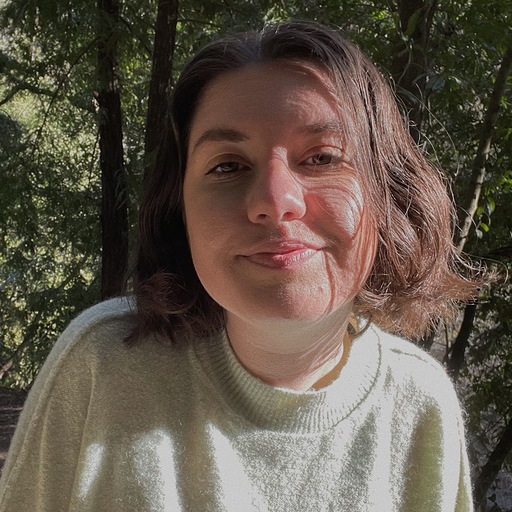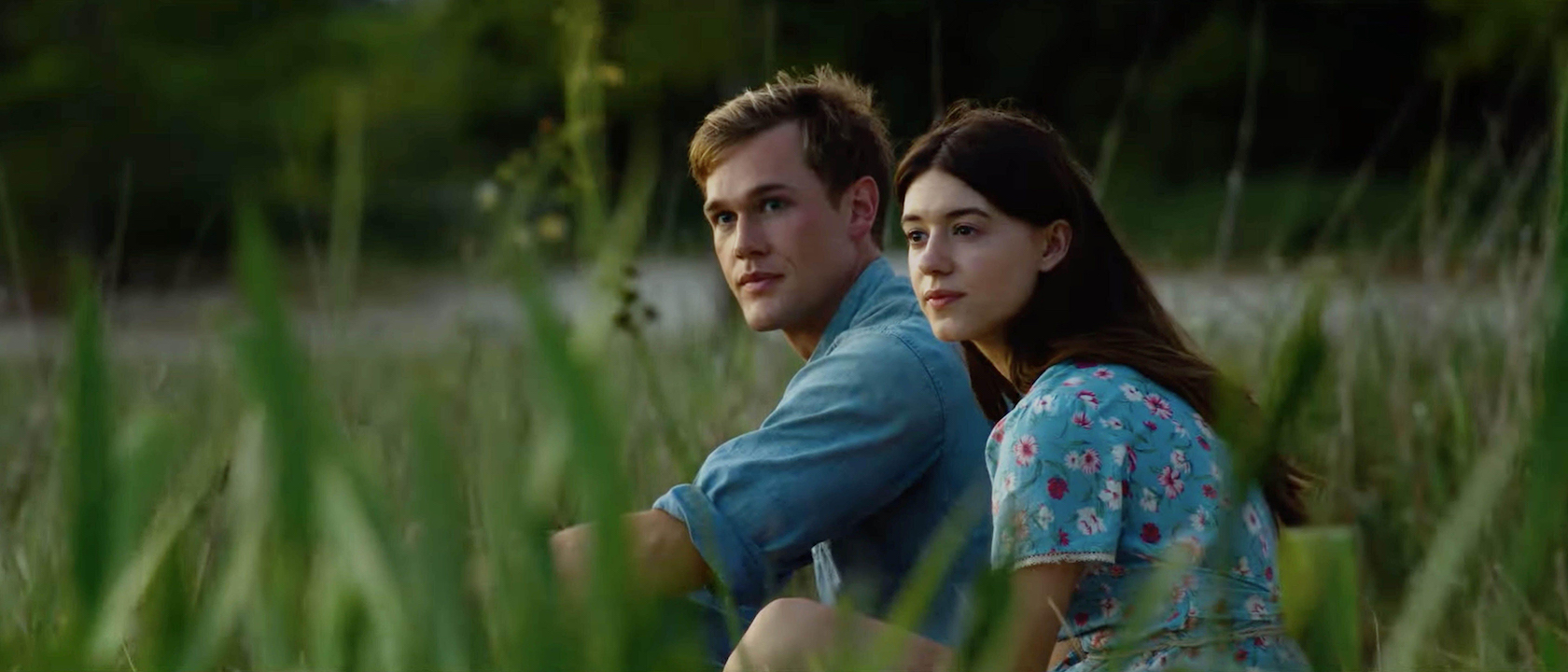When Delia Owens’ debut novel Where The Crawdads Sing hit bookshelves in 2018, it became a page-turning bestseller, particular thanks to the thriller being featured as a title in Reese Witherspoon's book club. Just four years after its release and over 12 million copies sold, the novel has made the journey to live-action a la associated projects like Gone Girl and Big Little Lies – however, Olivia Newman’s take on the popular book skips the grittiness of the source material to be a glossier adaptation compared to those other films.
Where The Crawdads Sing follows the fictitious life of Catherine “Kya” Clark (Daisy Edgar Jones), who grows up in a North Carolina marsh in the 1950s and 60s and becomes the prime suspect following the murder of an ex lover. The movie moves between Kya’s present, where her lawyer (David Strathairn) dutifully defends her in court, and flashbacks of her life growing up as an outsider among her peers – the “Marsh Girl,” as they all call her. While the material doesn’t lose its gripping and suspenseful sensibilities, the interplay between mystery and romance strikes a confusing tone in the adaptation that leaves one treading through the muggy marsh rather than embracing its natural beauty, like its narrator would like us to see it as.
Where The Crawdads Sing gives Daisy Edgar Jones’ Kya a beautifully fleshed out (yet flawed) arc rooted in the lifelong torment of domestic abuse.
Director Olivia Newman’s first studio film after her critically acclaimed debut, 2018’s First Match, is beautifully shot and executed visually. It displays Kya’s home of the marsh as a character itself full of wild things. Its pleasant landscapes juxtapose the protagonist’s difficult upbringing where her physically abusive father (Garret Dillahunt) drives out her entire family, leaving him and Kya alone in their home.
Twenty-four-year-old Daisy Edgar Jones continues an impressive launch into Hollywood stardom after Normal People and Fresh as Kya, a reclusive yet headstrong child of abuse who becomes set in her ways among nature in her family home rather than assimilating in society. The theme of a woman raised by nature in a world where she is constantly disappointed and exploited by the world of men is the strongest element of the movie. The fear associated with Kya’s lifetime of abuse is illustrated well and with care in many ways, but as she continues to grow up there’s other scenes that project a romanticization of her life that becomes an off-putting stain on the film.
A lot of this has to do with the movie’s decision to “tell” instead of “show.” Throughout the film, Kya is narrating the story, and while she is a quiet character, the telling doesn't match the visuals . It's explained that she is this outsider "Marsh Girl" who completely doesn’t fit in the world, and yet she is wearing beautifully styled clothing, her hair and makeup is done up, and she just doesn’t seem too different from her peers. Edgar Jones gets one maybe two memorable scenes of dialogue and performance that really inform her character, because the movie unfortunately has a lot of plot. There are only a couple moments where the audience can pause and take a moment to observe her and decide for ourselves who she is to us. It feels like with this, Where The Crawdads Sing is short siding the stunning character portrait the material could have given us.
The core romance in Where The Crawdads Sing is awkward and unpassionate.
Where The Crawdads Sing doubles as a thriller and a romance and the latter has its actors (Edgar Jones and Taylor John Smith’s Tate) going through all the motions without much spark. The lines often feel forced and inauthentic, because of the disconnect between the storytelling and the creation of genuine moments in which the audiences can be immersed. We barely go a single scene before Kya’s voiceover says something to the effect “...but in the marsh such and such happens." A lot of the intimate moments are also super cringe and uninteresting to watch take place.
I’m talking about cheesy shots of nails on skin and awkward removing of clothes without much lead up or sweet nothings whispered between characters – not to mention one moment where Tate has to explain to Kya she could get pregnant in the most odd way I’ve ever heard it. It isn’t completely devoid of chemistry as a whole thanks to a few beats. The actors who play Kya and Tate in younger and older ages actually pulled my heartstrings in just a few minutes on screen way more than the core actors who are experiencing the meat of the storyline.
Crawdads falls into a common book adaptation trap.
Where The Crawdads Sing does something that is rare in book adaptations. It covers just about all of the ground of the book and even quotes many lines exactly from the text, making it closely in line with the source material. This may please some fans, but others will witness it fall into the adaptation trap of translating the material nearly word for word, when some of the best book-to-movie adaptations leave out elements here and there that ultimately help capture the spirit of the beloved book and read between the lines. For Where The Crawdads Sing, it feels like it made the “Marsh Girl” too lush of an adaptation, and misses an opportunity to elevate some flaws in the book itself.
Just because a story is popular and is given a sizable budget to be adapted to the big screen, why should the spirit of the character be made nice and marketable, when the very core of her being is someone who is rough around the edges and cast out by the mainstream?

Sarah El-Mahmoud has been with CinemaBlend since 2018 after graduating from Cal State Fullerton with a degree in Journalism. In college, she was the Managing Editor of the award-winning college paper, The Daily Titan, where she specialized in writing/editing long-form features, profiles and arts & entertainment coverage, including her first run-in with movie reporting, with a phone interview with Guillermo del Toro for Best Picture winner, The Shape of Water. Now she's into covering YA television and movies, and plenty of horror. Word webslinger. All her writing should be read in Sarah Connor’s Terminator 2 voice over.











